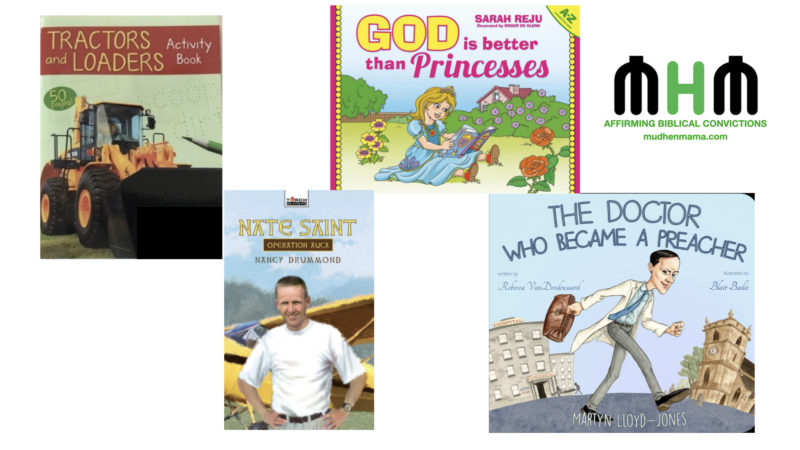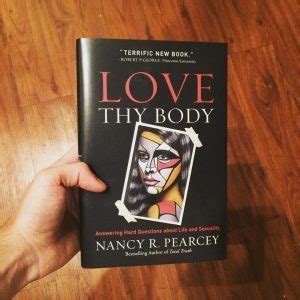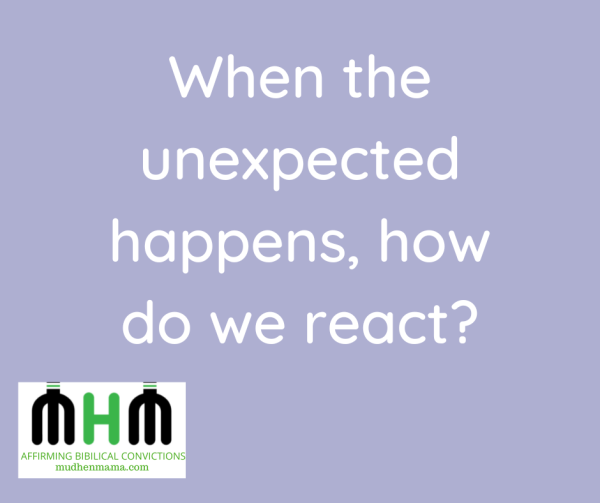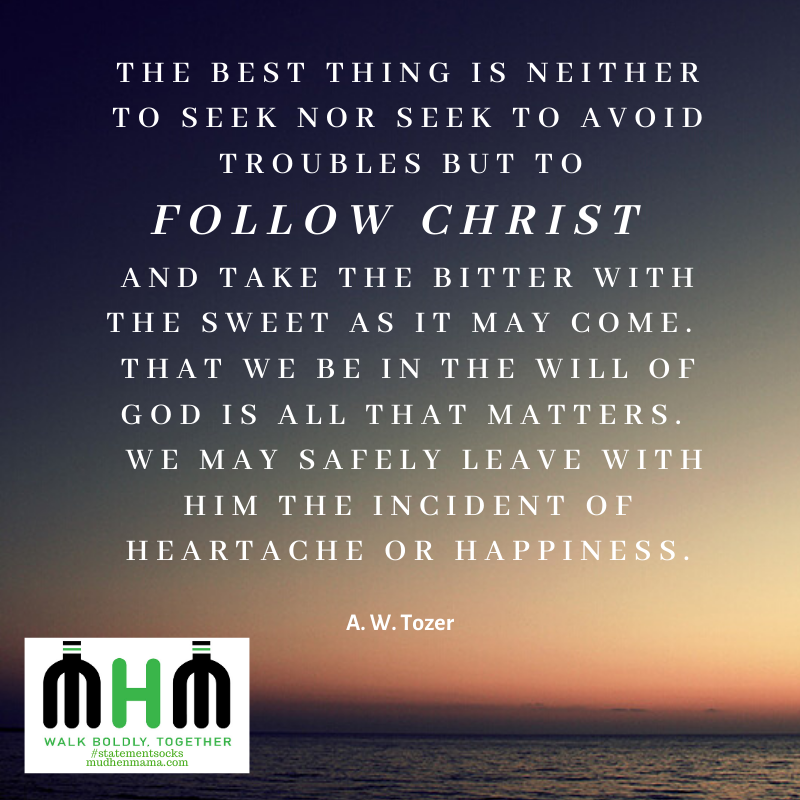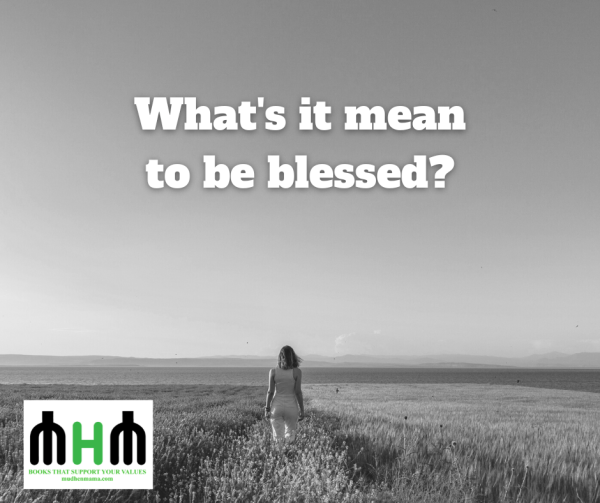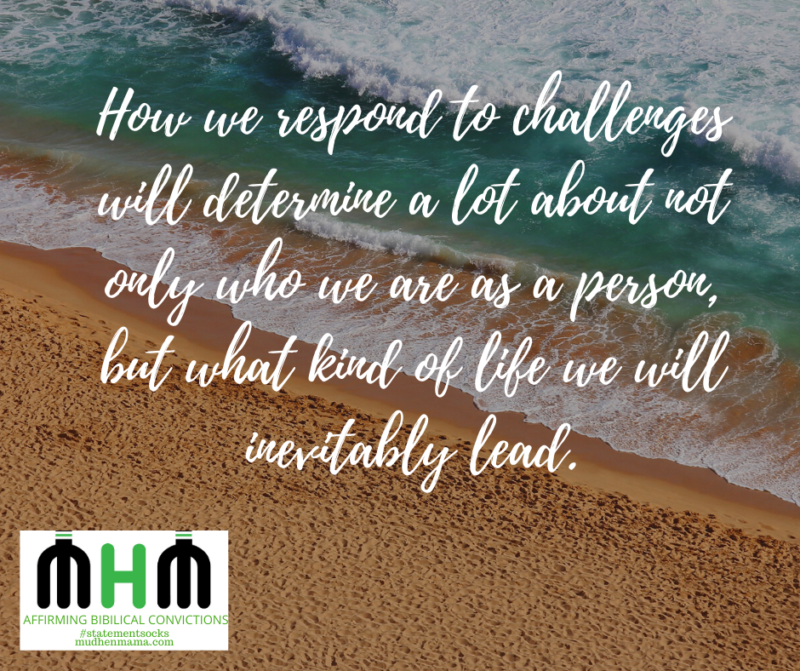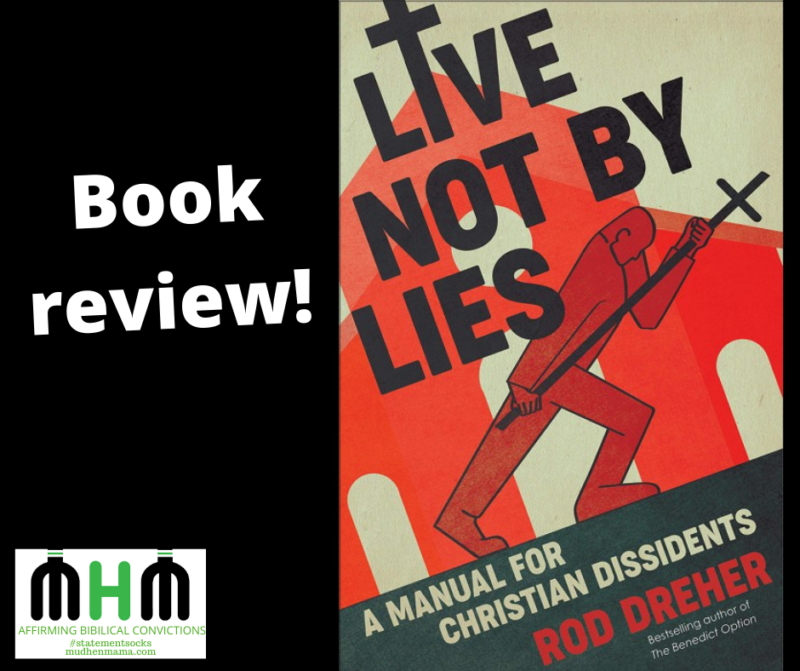
If you want to have the equivalent of strong smelling salts thrust under your nose, you must read this book. Live Not By Lies is a sobering reminder of what, in all probability, the Church needs to prepare for. Rod Dreher does not hold back and includes several testimonies of former prisoners as well as families who lived under totalitarian regimes several decades ago. This is an extremely important book to read! Of course, we need to keep in mind that of all people, we as Believers have hope (He is risen, indeed!). But we also know that being Believers won’t exclude us from trials and tribulations in the world we live in (1 Peter 1:6). Dreher stresses we must prepare. I agree.
The old Czech woman
Dreher starts off by first speaking about an old Czech woman. She insisted that recent events in the United States “reminded her of when communism first came to Czechoslovakia” (page x). He then spoke with several other people who had lived under communism. He asked all of them if they thought America was “drifting toward some sort of totalitarianism… They all said yes – often emphatically” (page xi).
Throughout the book, Dreher highlights the importance of knowing Whom we serve and why. According to “Aleksandr Solzhenitsyn, the great anti-communist dissident, Nobel Laureate, and Orthodox Christian, he believed the core of the crisis that created and sustained communism was not political but spiritual” (page xiv). If we don’t recognize this, we will have little hope in the future to be able to stand firm against the pressures to conform to the cultural narrative and its expectations.
What are we to expect?
One of the first things that surprised me as I started reading this book was that when we look back at communist history, what we tend to think of are gulags and armed insurrections. In all probability, that won’t happen here in America. Instead, “this totalitarianism is therapeutic. It masks its hatred of dissenters from its utopian ideology in the guise of helping and healing” (page 7). I think we can understand that both figuratively and literally. Essentially the state knows what’s best for us.
What is freedom?
Dreher also points out that “if true freedom is defined as freedom of choice, as opposed to the classical concept of choosing virtue, the door is wide open to reforming religion along therapeutic lines centered around subjective experience” (page 13). I am continually amazed at how this concept of classical concepts versus contemporary concepts, comes up over and over again. There is a reason why our forefathers were so dogmatic about certain things, such as the traditional/classical concept of virtue. When we decide in our pride we know better than others who came before us, it tends to be a slow slide to a multitude of unforeseen problems.
The contemporary concept of “freedom” is one of the biggest issues with the church today. We have been raised in a world where freedom of choice reigns rather than virtue. This seemingly subtle difference has massive implications. Choosing virtue will inevitably mean we will suffer for our convictions. But the “therapeutic society that has formed (contemporary Christians) denies the purpose of suffering in the first place, and the idea of bearing pain for the sake of truth seems ridiculous” (page 13). That is troubling to say the least.
Believers in other parts of the world understand suffering for the sake of virtue and by implication, the gospel, much more. I still remember a book I read several years ago called “The Heavenly Man” by Brother Yun. He wouldn’t pray for the persecution to stop. He prayed for a stronger back. That was mind-boggling to me back then. It still is to this day. Is the West ready for that?
How to Live Not By Lies
All of this may lead one to believe that we must be shouting our convictions from the rooftops in order to make a stand. Although some of us will be called to that, not all of us will be. According to Solzheitsyn (above), he wrote: “We are not called upon to step out onto the square and shout out the truth, to say out loud what we think – this is scary, we are not ready. But let us at least refuse to say what we do not think!” (page 18). That is the minimum of what we must do.
Having the wisdom to know when to stand and when not to will also serve us well in the future. “Though one must guard against rationalization, prudence is not the same thing as cowardice” (page 105). Being “recklessly brave” is not anything to strive towards. According to Judit Pastor, whose father was imprisoned for essentially his “reckless bravery,” she said: “Sometimes silence is an act of resistance. Not just standing up for the truth by communicating loudly – keeping silent when you aren’t expected to be silent. That, too, is telling the truth” (page 107).
Dreher also points out how in Soviet Russia, to be a Baptist equated to being permanently marginalized. “For the Baptists, to compromise with lies for the sake of a peaceful life is to bend at the knee to death” (page 102). They lowered their expectations for success in this world because they wanted to store their riches in heaven (Matthew 6:19-21). And when they did that, it became easier for them to stand for Truth. I found we have much to learn from the Baptists from Soviet Russia.
Passing on our history and traditions
Another important point Dreher made was about the importance of religious traditions and our cultural/secular history. We need to be passing on this information to the next generation as “an act of resistance to an ethos that says the past doesn’t matter” (page 127). The past most definitely matters. If we don’t know where we’ve been, we’re bound to repeat the worst parts of our history.
According to Dreher, our families will be the bedrock that will hold us all together and serve as little armies of resistance. It’s not that we should ever fully pull away from society. We must allow our children to be in the world, but we need to closely train our children to have the wisdom to pick and choose wisely what (and whom) they are to listen to. The goal is to be able to do this without fear “because of the disciplined moral, intellectual, and spiritual lives… within the family” (page 149). I love that Dreher points out: “if you want to love and serve the church, the community, and the nation, you must first learn to love and serve your family” (page 150).
This book is a gold mine of tools and treasures that we will need to have as Believers at some point in the near future. There is so much more in the book than I even referred to above. It’s a must-read for those of us who refuse to live by lies. I am so thankful for Rod Dreher and the time he took to research and write this book. I am quite certain you will agree!

